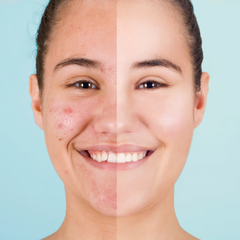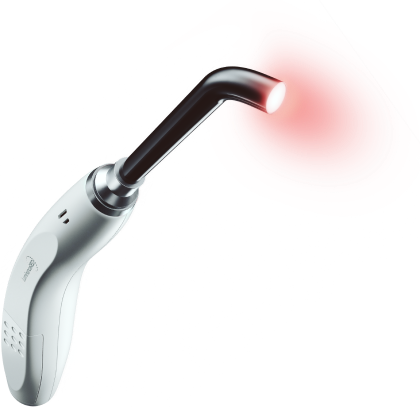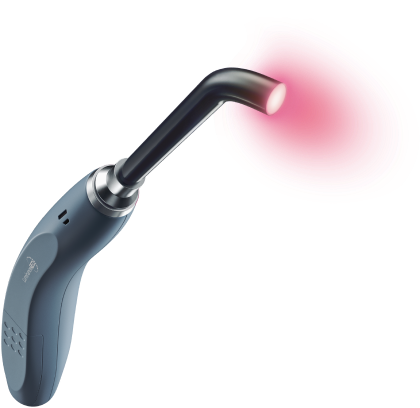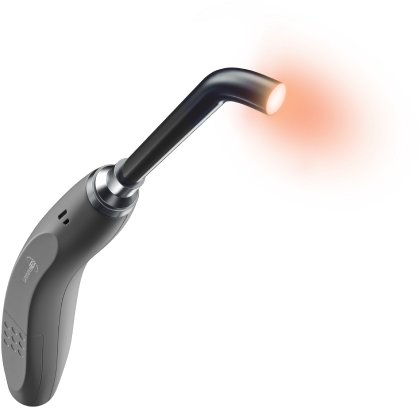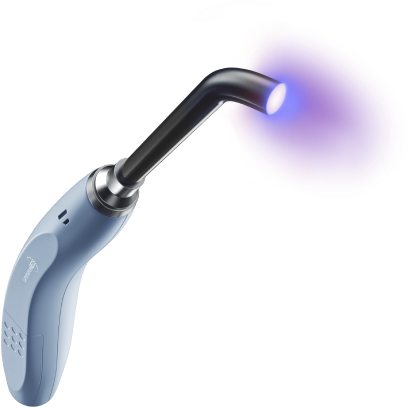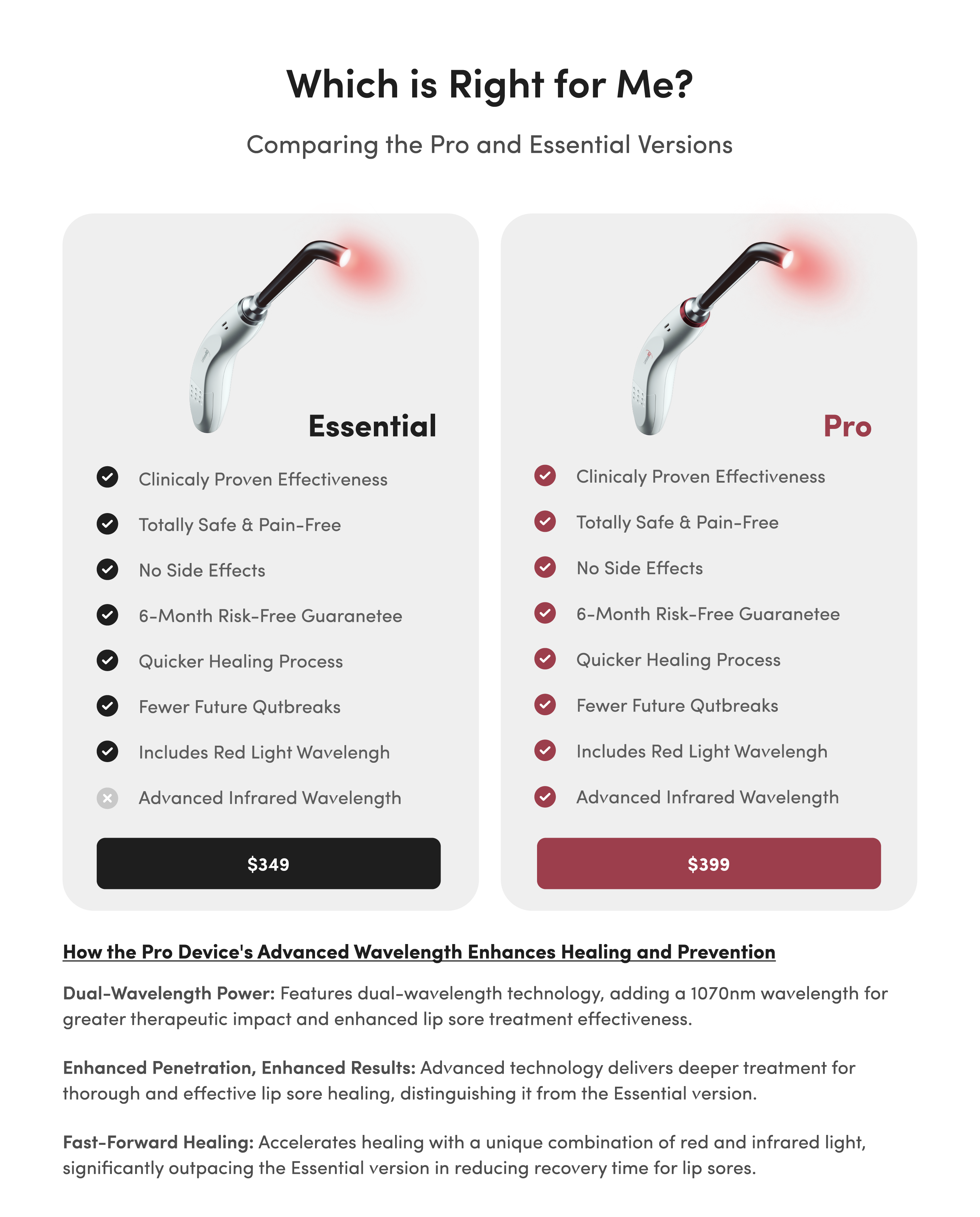Does Nicotine Cause or Contribute to Acne?
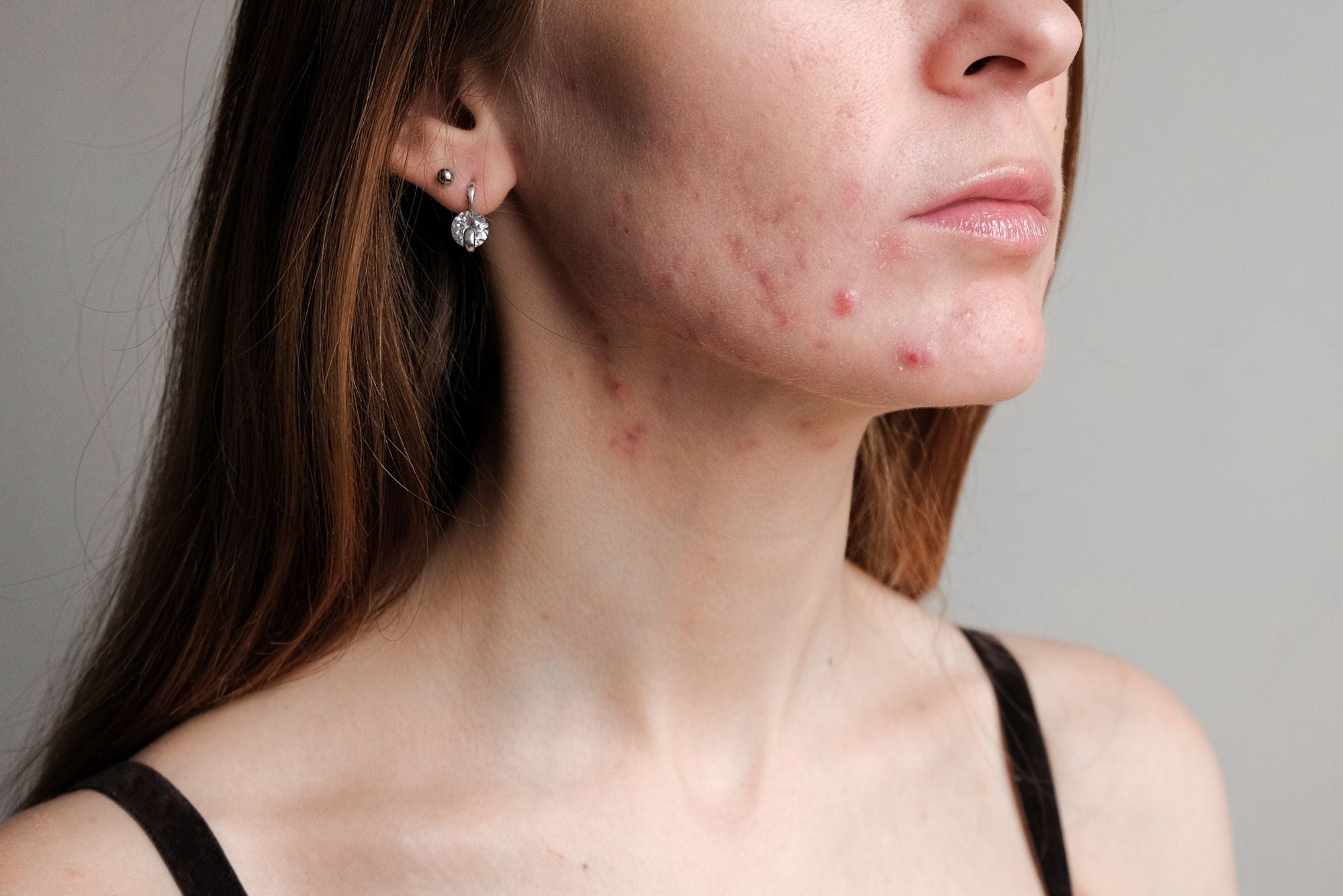
There’s no way around it: Nicotine is bad for you. No matter what form you’re using — cigarettes, vapes, chewing tobacco — this addictive substance wreaks havoc on your health.
You might already know about nicotine’s short-term effects, like nausea, diarrhea, increased heart rate, high blood pressure, and decreased appetite. Most people have heard of the drug’s more serious and life-threatening long-term effects: emphysema, chronic bronchitis, heart disease, diabetes, stroke, and cancer.
But not everyone knows about nicotine’s effects on the skin.
Nicotine causes drastic changes to the health and appearance of your skin. This may lead you to wonder, Does nicotine cause acne? Read on to learn more.
How Nicotine Works
Let’s back up and talk a little more about nicotine and its effects on your body.
Nicotine is a chemical compound, an alkaloid, derived from tobacco plants. It’s a psychoactive substance, which means it has a physiological effect on our brains.
This physiological effect impacts the parts of the brain that deal with memory, emotion, pleasure, and hormone production. Nicotine also acts as a stimulant, a type of drug that stimulates your central nervous systems, leading to faster communication between your brain and the rest of your body.
In the short-term, nicotine triggers your brain to release more dopamine, a hormone that helps you feel motivation and pleasure. Dopamine is released in the reward center of your brain. This is why nicotine can feel like a quick fix if you suffer from depression or a similar mood disorder.
However, prolonged nicotine use has the opposite effect. Your brain begins to produce less dopamine, which leads to increased nicotine use in an attempt to get back to those good feelings — and a vicious cycle ensues.
What About Your Skin?
In addition to affecting your brain, nicotine also has a profound effect on your skin, especially when your nicotine delivery system is smoking cigarettes.
When nicotine enters your system, your blood vessels constrict. The narrowing of these vessels means less blood flow and a decrease in oxygen and nutrients to your skin cells. This causes damage on a molecular level, resulting in a significant reduction of skin elasticity called elastosis. Elastosis causes your skin to sag and take on a crepey, leathery appearance.
Nicotine may also increase melanin production, causing an uneven skin tone, or make your skin look yellow or gray in color. Your lips may get thinner, and the skin around your eyes and mouth can wrinkle in a distinctive pattern. Your skin will also lose some of its density, making it more prone to injury, and its ability to heal open wounds will decrease, raising your chance of skin infections and scarring.
A few other skin conditions you might experience with prolonged nicotine use include psoriasis, eczema, skin cancer, and telangiectasia (spider veins) on the face and the palms of your hands. Some skin conditions worsen with smoking, including rosacea, cold sores, and the autoimmune disease systemic lupus erythematosus (SLE).
Does Nicotine Cause Acne?
So, in addition to all these health conditions and skin problems, does nicotine cause acne? The short answer is, yes. Studies have shown that there is a connection between acne and smoking nicotine. In fact, not only can smoking cause acne, it may also lead to more severe, stubborn breakouts.
Here are two types of acne you may experience as a nicotine user:
- Atypical post-adolescent acne (APAA): This non-inflammatory type of acne, also called smoker’s acne, is characterized by small bumps called comedones and usually appears on your face.
- Acne inversa: A painful inflammatory disorder that can result in severe and permanent scarring, this form of acne often appears on parts of the body where there are folds of skin, such as the armpits or gluteal and perianal areas. It is sometimes referred to as smoker’s boils.
A small 2005 study failed to find a direct connection between smoking nicotine and acne vulgaris, the most common form of acne. Even so, nicotine use still produces conditions conducive to acne breakouts, and regardless of whether it causes a particular breakout, it certainly doesn’t help existing breakouts heal.
Similarly, there is no definitive proof that vaping causes acne breakouts, but anecdotal reports like this one suggest a connection. And we know for sure that vaping creates conditions that make developing acne more likely.
Because vaping involves nicotine, it still comes with the side effects of dry skin, reduced circulation, and slower healing. Drying out the skin can trigger excessive sebum production, causing pores to clog with oil (sebum), dead skin cells, and acne-causing bacteria. The nicotine-damaged skin cells then have a harder time healing such breakouts, which can lead to increased severity and greater likelihood of scarring.
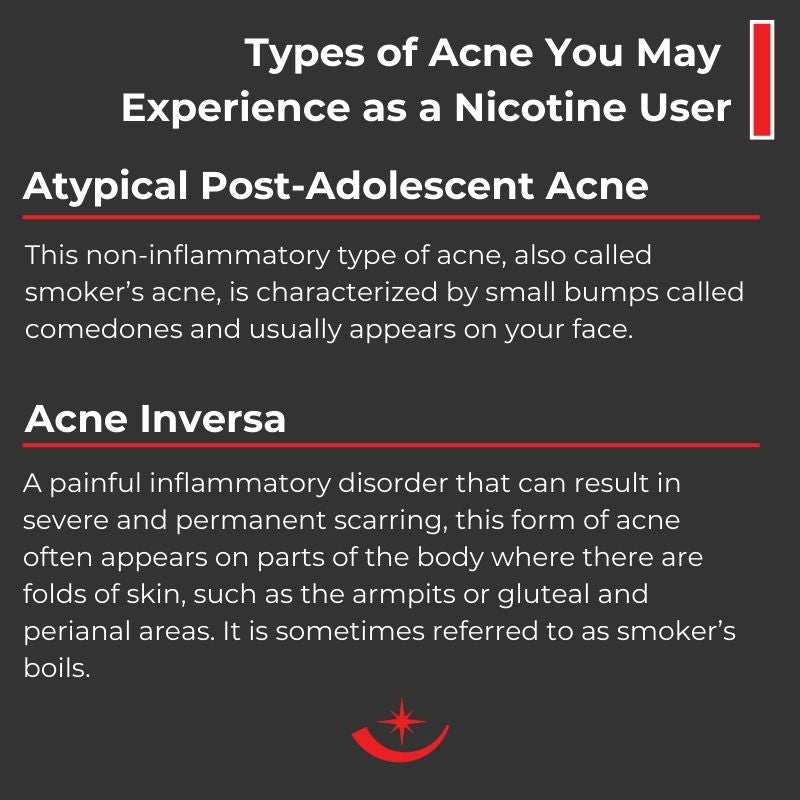
Does Nicotine Cause Acne? Yes, but You Can Quit
So, does nicotine cause acne? Yes — but it isn't too late.
Though nicotine causes acne and harms your skin in many ways, encouraging studies show that skin significantly improves after quitting the drug.
If you’d like to quit using nicotine and heal your skin, you have options. Nicotine is very addictive, even more so when delivered via vaping, and it’s a notoriously difficult habit to quit.
The Centers for Disease Control offers guidelines and resources that can help you on your quitting journey. But you don’t have to do this alone. Talk to your doctor to make a plan and discover what additional resources are available to you.







